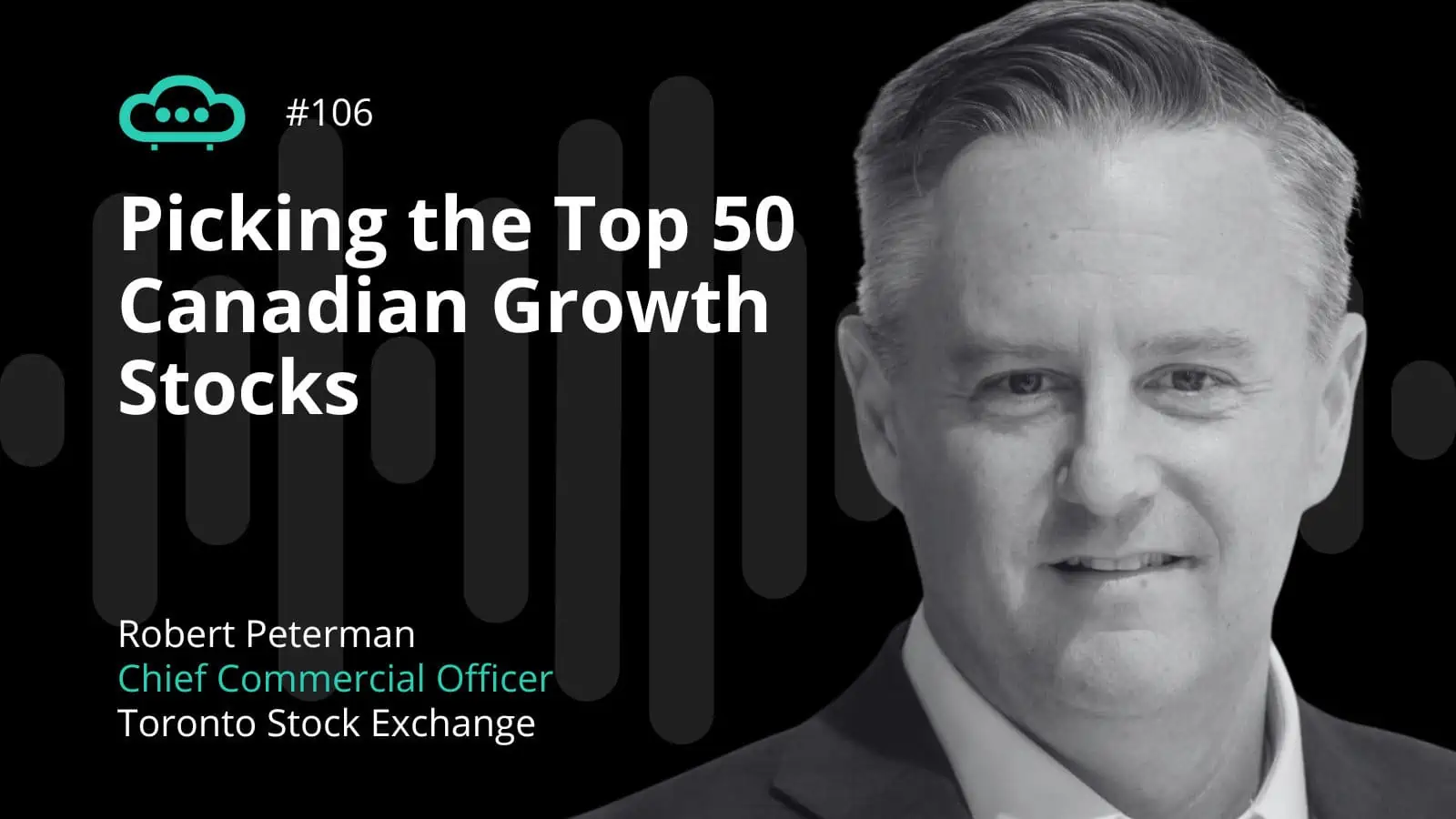ETF fund manager GraniteShares has reviewed dividend announcements from UK listed companies for the period 19th March to 20th April 2020 and found that around 92% cancelled or suspended payments. The data provides a striking overview of just how far blue chip companies are stepping away from dividend payments at the moment, with commensurate sell offs in stock in some quarters.
In total there were around 176 dividend announcements during this period, with 162 companies cancelling or suspending, and just 14 making payments, although some of these were reduced.
The 14 companies that made dividend payments were Chesnara, 888, Winkworth PLC, S&U, Tesco, Tritax Big Box, Greencoat UK Wind, Anglo Pacific, Hilton Foods, Sabre Insurance, Hunting, Ocean Wilson Holdings, Mortgage Advice Bureau and SCS.
Investors will be hit hard by dividends being cancelled or suspended. Reinvesting them and the benefits of compounding means they are one of the most powerful tools available for boosting returns over time. The decision by Royal Dutch Shell to cut its own dividend this morning saw Shell stock fall 8% as disappointed investors voted with their feet.
Dividends are critical for ISA investors
£1,000 invested in an ISA on 31 December 1999 in the FTSE 100 would have delivered capital growth of £204 by November 2017, representing an annual growth rate of 1.1%. However, by reinvesting all dividends and with the benefits of compounding, the same £1,000 investment in the FTSE 100 would have delivered a notional return of £1,193, representing annualised growth of 4.6%. Overall, this represents a difference in returns of either 20.4% or 119.3%.
Will Rhind, Founder and CEO at GraniteShares said:
“The cancellation or suspension of company dividends is hardly surprising given the backdrop of the lockdown and the economic uncertainty caused by the Coronavirus pandemic. Companies need to preserve cash, however the drying up of dividends creates an additional negative feedback loop for the economy adding pressure on those who rely on dividends as a source of income.”
The ability to take positions to profit from prevailing conditions is one way that investors can potentially compensate for lost income. As the implications of the pandemic were understood, we have, for example, seen a pick-up in investors shorting stocks. According to GraniteShares’ analysis of industry data, in the first half of March, there were 40% more net short positions reported to the FCA than the same period last year.
Last year, dividends paid by British companies hit an all-time high or £110 billion – an increase of 10.7% on 2018. However, given the economic crisis that has resulted from coronavirus, it is likely to be some time before most companies’ earnings return to pre-pandemic levels.
“It is only then that we could hope to see dividends returning to their 2019 levels,” Rhind added. “The reality is that we will probably see more cancellation or reduction of dividends as businesses struggle to preserve cash. Income-seeking investors are likely to be distancing themselves from such companies, while being drawn to those in sectors that have been less affected by the pandemic and still in a position to pay dividends.”












